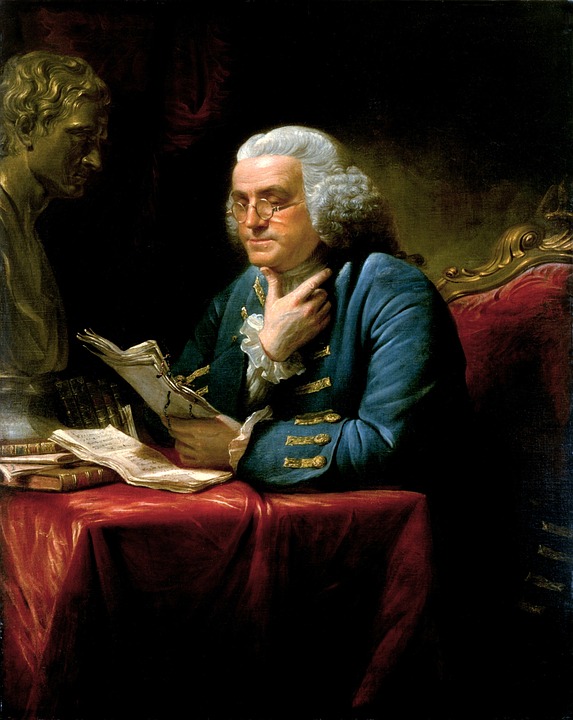Mahmood Ali-Balogun: A Pioneer in African Cinema
Mahmood Ali-Balogun is a prominent figure in African cinema, known for his groundbreaking work as a filmmaker, director, and producer. Over the years, he has made significant contributions to the development of the African film industry, both on the continent and internationally. His work has garnered critical acclaim and has been celebrated for its artistic merit and cultural significance.
Early Life and Career
Mahmood Ali-Balogun was born in Lagos, Nigeria, and grew up surrounded by the rich cultural heritage of his country. He developed an early passion for storytelling and filmmaking, inspired by the vibrant stories and traditions of his people. After completing his education, Mahmood decided to pursue a career in the film industry, determined to make a mark on the world of cinema.
He started his career as a production assistant, working on various film projects in Nigeria. Over time, Mahmood honed his skills and gained valuable experience in film production, eventually making his directorial debut with his first feature film. The film was well-received by audiences and critics alike, marking the beginning of Mahmood’s successful career as a filmmaker.
Contributions to African Cinema
Throughout his career, Mahmood Ali-Balogun has been a trailblazer in African cinema, pushing boundaries and challenging the status quo. He has explored a wide range of themes and subjects in his films, shining a spotlight on important issues affecting the African continent and its people. Mahmood’s work often addresses social, political, and cultural issues, offering audiences a unique perspective on the world around them.
One of Mahmood’s most notable contributions to African cinema is his commitment to showcasing the diversity and complexity of African cultures. Through his films, he celebrates the rich tapestry of traditions, languages, and customs that make up the African continent, challenging stereotypes and promoting a more nuanced understanding of African identity.
In addition to his work as a filmmaker, Mahmood has also been an advocate for the development of the African film industry. He has supported and mentored young filmmakers, helping to nurture the next generation of talent in Africa. Mahmood has also been involved in various initiatives and programs aimed at promoting African cinema on the global stage, bringing the works of African filmmakers to a wider audience.
Awards and Recognition
Over the years, Mahmood Ali-Balogun has received numerous awards and accolades for his work in African cinema. His films have been shown at prestigious film festivals around the world, where they have been met with critical acclaim and audience praise. Mahmood’s contributions to African cinema have been recognized by his peers and industry professionals, earning him a reputation as a pioneer in the field.
In 2010, Mahmood was awarded the Best Director prize at the African Movie Academy Awards for his film “Tango with Me”. The film, which explores the complexities of love and relationships in modern Nigeria, was celebrated for its powerful storytelling and strong performances. Mahmood’s win at the AMAAs was a testament to his talent and dedication to his craft.
Legacy and Impact
Mahmood Ali-Balogun’s influence on African cinema is undeniable, as his work continues to inspire and educate audiences around the world. Through his films, Mahmood has brought attention to important social issues, challenged stereotypes, and celebrated African culture and heritage. His dedication to promoting African cinema has paved the way for future generations of filmmakers to tell their stories and share their experiences with the world.
As a pioneer in African cinema, Mahmood Ali-Balogun has left an indelible mark on the industry, shaping the way we think about African identity, culture, and storytelling. His work will continue to be celebrated and remembered for years to come, as a testament to the power of cinema to transcend boundaries and bring people together.
Conclusion
Mahmood Ali-Balogun is a true pioneer in African cinema, whose work has had a lasting impact on the industry and the world. Through his films, he has explored important social issues, celebrated African culture, and inspired audiences with his powerful storytelling. Mahmood’s contributions to African cinema will continue to be celebrated and remembered for generations to come, as his legacy lives on in the hearts and minds of filmmakers and audiences around the world.




